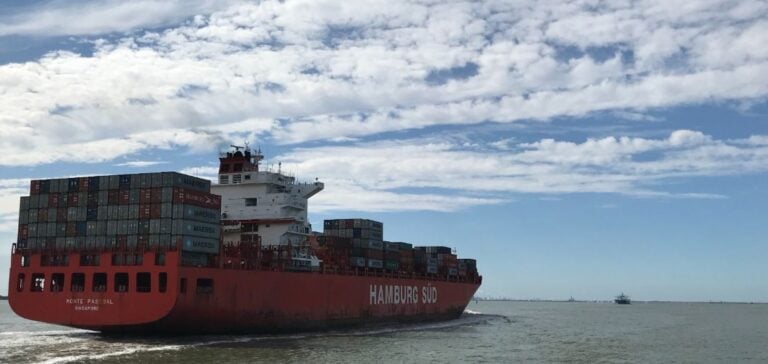The global low-sulfur fuel oil (LSFO) market, a refined product derived from oil, is under increasing pressure. In Singapore, the world’s largest bunkering hub, the price gap with Fujairah has fallen to its lowest point in three months, reaching $4/mt as of Platts’ November 22 assessment. This situation is driven by muted demand and intensified regional competition.
Local traders report that LSFO premiums in Singapore continue to erode due to well-supplied inventories and weak spot market activity. A slight increase in inquiries for January deliveries has been noted, but it remains insufficient to offset the overall market weakness.
Ample Supplies and Declining Premiums in Singapore
LSFO supplies in Singapore remain abundant, supported by arbitrage cargo arrivals expected at the end of November and the first half of December. This increased availability exerts downward pressure on premiums. On November 22, the LSFO premium in Singapore relative to the FOB (free on board) benchmark fell to $11.83/mt, its lowest level in four months.
Additionally, the spot differential to the Mean of Platts Singapore (MOPS) index dropped to $4.21/mt, continuing a steady decline since October. Local suppliers are facing heightened competition from Malaysia and China, which are offering competitive alternatives, further pressuring prices.
Fujairah: Impact of Geopolitical Tensions
In Fujairah, a key Middle Eastern hub, the LSFO market is feeling the effects of geopolitical tensions. Reduced maritime traffic via the Red Sea, driven by heightened war risk premiums amid the Israel-Iran conflict, has significantly impacted demand. Local traders indicate that barge availability remains high, but order volumes are low.
The premium for delivered LSFO in Fujairah dropped to a 13-month low of $4/mt on November 20 before rebounding slightly to $7.83/mt on November 22. Despite this recovery, suppliers remain cautious about procuring December cargoes, anticipating fragile margins and limited prospects.
Uncertain Outlook
Traditionally, the fourth quarter is marked by increased demand linked to the festive season. This year, expectations remain muted, with traders reporting persistently slow volumes. Suppliers are closely monitoring cargo flows and geopolitical developments that could influence global LSFO demand and pricing.






















